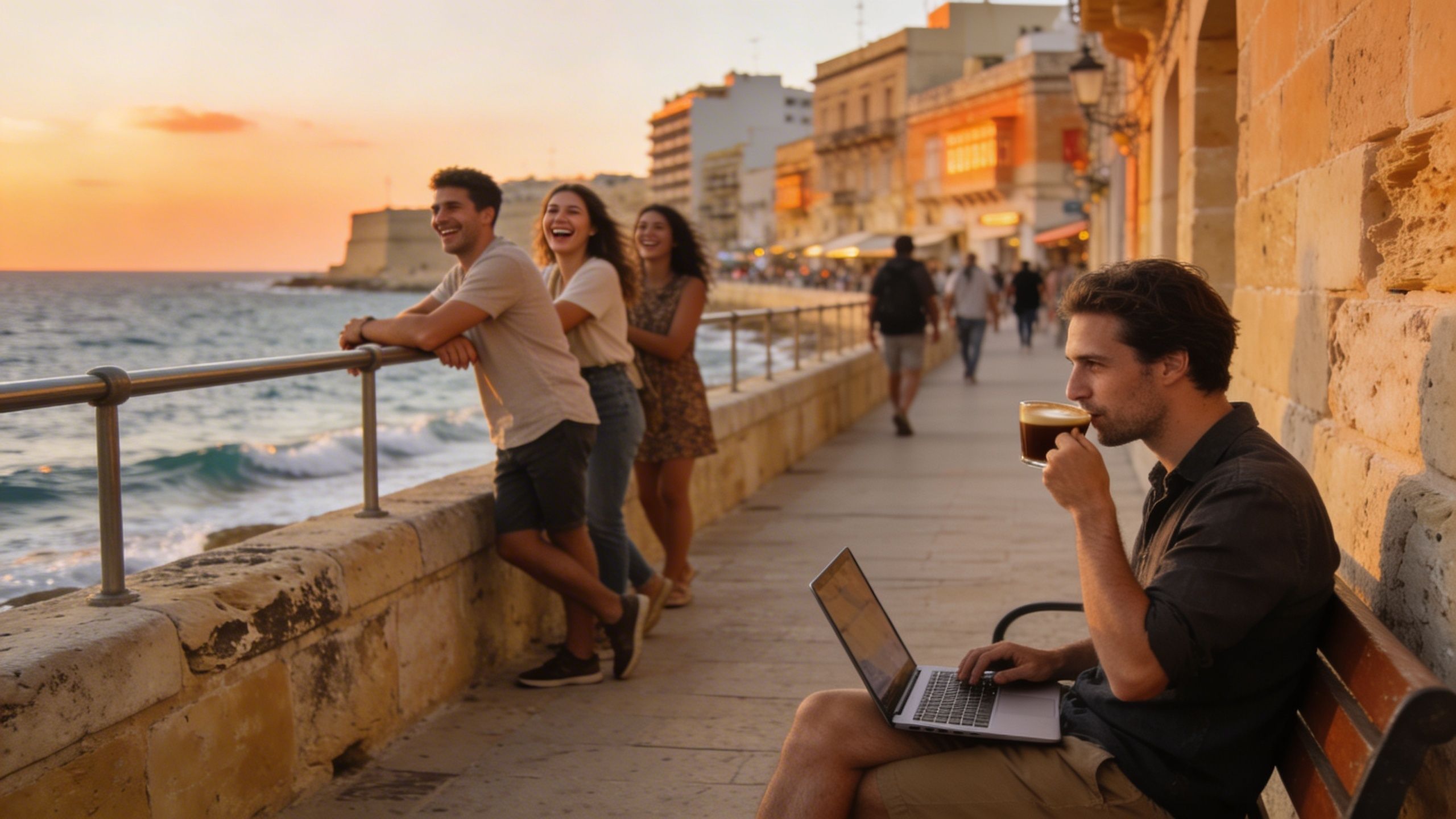Why France’s ‘Too Expensive’ Reputation Misleads Buyers
France often feels expensive—yet pockets of value, seasonal timing and lifestyle-led choices let international buyers live the French life without overpaying.
Imagine sipping a café noisette on Rue Cler at 10am, then taking a quiet tram out to a sunlit Provençal marché by noon. That split—city espresso and slow-country markets in one country—is France’s secret superpower. For international buyers, the question isn’t just price per square metre; it’s about which rhythm of France you actually want to live inside.
Living the France lifestyle: rhythm, streets and seasons

France is a patchwork of daily rhythms. Paris mornings are brisk and caffeine-fueled; Bordeaux afternoons drift into long lunches; coastal towns like Biarritz wake to surf forecasts and chatter at the fish market. Weather, festivals and even market days shape where locals choose to live—so your property needs to match whether you want bustle, slow weekends, or something in between.
Paris & Île‑de‑France: close, connected, famously caffeinated
Streets like Rue Montorgueil and districts such as the 10th or 11th feel lived-in and social; you’ll walk to cafés, coworking meetups, and late-night bistros. If you work remotely, the city offers world-class connectivity and a dense community of creatives—but expect smaller layouts, higher per‑m² prices, and more negotiation over works/renovation permissions.
Provincial France: vineyards, markets and space to breathe
Cities like Rennes, Nantes and Montpellier blend affordability with strong local culture—think big weekend markets and cafés where people actually talk. Recent national trends show provincial price recovery alongside urban rebounds, which means you can still find value outside Paris if you act with local insight.
- Lifestyle highlights: morning markets (Marché des Enfants Rouges, Paris); surf culture (Hossegor/Biarritz); wine roads in Bordeaux and Burgundy; coastal promenades in Nice; street-corner coworking cafés in Lyon.
Making the move: lifestyle-led practicals that actually matter

Dreams and market reality meet in two places: timing and neighbourhood fit. National data shows prices stabilising then inching up in early 2025, so your strategy should balance lifestyle priorities (space, sunlight, market days) with realistic timing for offers and financing. Think less square metre obsession, more daily flow.
Property styles: what Europeans actually live in — and why it matters
Stone village houses give you garden space and slower summers; Haussmann flats in Paris give light, high ceilings and proximity; modern villas on the Riviera mean outdoor living and morning swims. Each style affects utility costs, renovation rules, coworking proximity and how easy it is to host international guests.
Work with agents who get lifestyle, not just listings
- 1. Tell your agent your daily routine first—work hours, commute tolerance, need for a dedicated office—then budget. 2. Ask about real internet speeds at the address (don’t rely on postal-code averages). 3. Request neighbour profiles: are they families, retirees, remote workers? 4. Check seasonality: a seaside town bustling in July may feel ghostly in January. 5. Confirm renovation permissions for historic façades before you fall in love.
Insider knowledge: expat realities and red flags we wish someone told us
Expats say the biggest surprise is how social life and practicalities are tied to place. A great boulangerie, a friendly mairie and a lively marché can change daily happiness more than an extra bedroom. But there are also local quirks that trip people up—seasonal businesses shutting down, strict renovation rules, and neighbourhoods that look lively on Instagram but are quiet midweek.
Cultural integration: the little rules that affect buying and living
French bureaucracy values documents and patience—register at the mairie, get to know local shopkeepers, and learn basic French phrases for everyday interactions. Social rituals like long lunches or weekly market runs shape when shops open and how neighbours connect; showing up regularly builds community faster than any rental ad.
Long-term lifestyle and practical checks
- 1) Confirm transport links for occasional commutes to bigger cities. 2) Check local school options and language support if moving with kids. 3) Investigate seasonal rental demand if planning to rent out. 4) Ask about energy performance (DPE) and potential renovation costs. 5) Talk to local property managers about cleaning, heating and winter care.
Before you make an offer, picture a week of life in the property: morning walks, grocery runs, where you’ll work, and how you’ll socialise. That mental run-through exposes mismatches faster than spreadsheets. Work with a bilingual agent who can translate lifestyle cues into contract clauses—quiet hours, shared garden rules, or renovation approvals—so your dream fits your daily life.
Market snapshot: national indexes show a return to modest growth after a period of decline, so buyers who act with neighbourhood insight can still find value—especially outside core Paris. For up-to-date figures, check INSEE and local notaires before placing offers; prices and transaction volumes are shifting with interest rate moves and seasonal demand. (Sources: INSEE; national press coverage.)
Ready to fall in love and buy smart? Start by narrowing the life you want—daily rhythm, climate, and community—then shortlist neighbourhoods and talk to local agents who live where you want to be. Book short exploratory stays timed with market days or festivals; nothing replaces being there for a market morning or a weekday street walk.
- Quick next steps: 1) Pick three neighbourhoods and stay 3–7 days in each. 2) Ask agents for internet speed tests and neighbour profiles. 3) Request recent transaction summaries from notaires for your target area. 4) Verify renovation permissions if you plan to adapt the property.
France offers a life more than a postcode: mornings at markets, long dinners, coastal plunges and village fêtes. Match the rhythm to the roof—and you’ll find that the price per square metre is only one part of the equation. If you want help translating which neighbourhood fits your week-to-week life, an agent who understands nomad needs (fast internet, flexible leases, local community) is your best local friend.
Danish investor and relocation advisor focusing on Portugal and the Algarve; loves coworking culture and expat networks.


